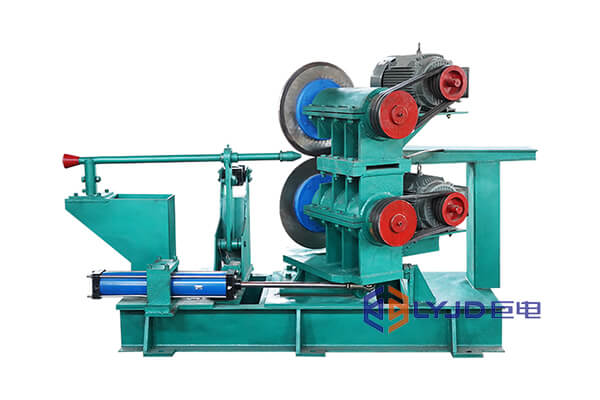For a 15 t/h rebar production line, optimizing the power supply is crucial to ensure efficient operation and maximize productivity. Here is an enriched content detailing the power supply requirements for a rebar production line in this size range.
Now, let’s take the 15 tons/hour rebar production line as an example to introduce the power supply needed.
A robust three-phase electrical system is essential to provide the primary power source for the entire production line. Depending on the scale of operations and location, the voltage and current capacity of the main power supply must be carefully assessed and tailored to meet the demands of the equipment.
The induction furnace plays a pivotal role in melting scrap metal to produce rebar. To sustain the high-temperature operations efficiently, the induction furnace requires a medium to high-power electrical supply. The power input must be optimized based on factors such as furnace size, melting capacity, and energy efficiency to ensure smooth melting processes.
For the 15 tons per hour rebar production line, we at least need 3 5-ton steel induction melting furnaces to keep the whole production line running normally. The power supply of every furnace is about 5000kW. We need 15,000kW of electricity to start the furnaces.

Casting molten steel to billet continuously, we need a continuous casting machine (CCM). A continuous casting machine is a crucial component in the rebar production line, responsible for transforming molten steel into solidified steel products without interruption.
Typically, the power supply of a continuous casting machine depends on its production. For a 15 tons/hour rebar production line, we need an R5.25 model CCM. The power supply for this model CCM is about 210kW.

The rolling mill is a key component in shaping the molten metal into rebar within the specified 8-32mm size range. High-power inputs are essential to drive the rolling mill effectively. Factors such as mill size, rolling speed, and material properties must be considered to determine the optimal power supply required for seamless rebar production.
Generally, in the rebar production line, we need 1-2 rough rolling mills, several intermediate rolling mills, and a couple of finishing rolling mills to get the final product. Therefore, the power supply to support the equipment is huge. After a rough estimate, we need 6,000kW of electricity to run all the rolling machines and rolling tables.

To maintain the structural integrity and quality of the rebar, efficient cooling systems are vital. Water pumps, fans, and other cooling equipment necessitate additional electrical power to regulate the temperature of the rebar post-processing. Proper cooling is essential to meet industry standards and ensure product quality.
Every piece of equipment needs a cooling system, such as induction furnaces, a continuous casting machine, and rolling mills, except rolling tables. And, all the cooling systems need to be powered by electricity. The power supply of the cooling system is about 215kW.
Cutting and packaging equipment are critical components of the production line, requiring power for efficient operation. Shearing machines, bundling equipment, and other cutting-edge technologies demand power supplies tailored to their specifications to streamline the cutting and packaging processes effectively.
In the rebar production line, there are several shears. The first shear cuts the head of the billet cast by the CCM before it goes through the rough rolling machine. The second shear is to cut the semi-finished product to a specific length. And, the last shear is used to cut the rebar to the length required. The total power supply of these three shears is about 112kW.

Various auxiliary equipment, including cranes, conveyors, and material handling systems, are integral to the smooth functioning of the rebar production line. Adequate power supply for them is essential to ensure seamless material flow, handling, and processing throughout the production cycle. The power supply for all these auxiliary equipment is about 3,700kW.
Implementing power factor correction equipment is recommended to enhance the overall efficiency of the power supply system. By improving the power factor, energy losses can be minimized. And, the operational efficiency of the entire production line can be optimized, leading to cost savings and enhanced productivity.
By carefully assessing and optimizing the power supply requirements for a 15 t/h rebar production line, manufacturers can enhance operational efficiency, reduce energy costs, and ensure consistent and high-quality rebar production. Collaboration with electrical engineers and industry experts is essential to tailor the power supply solutions to the specific needs and demands of the production line.
Please send us your request and we reply to you with in 24 hours.
Submit Request